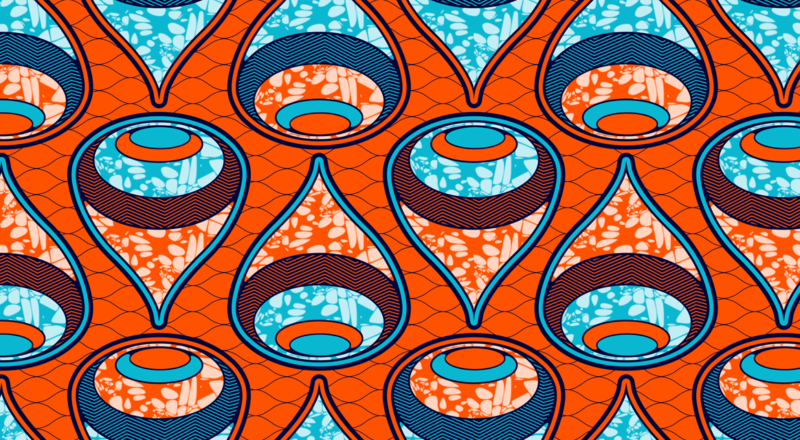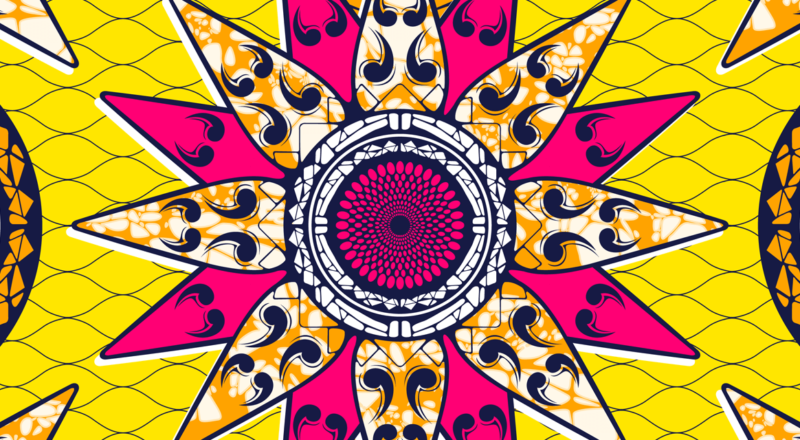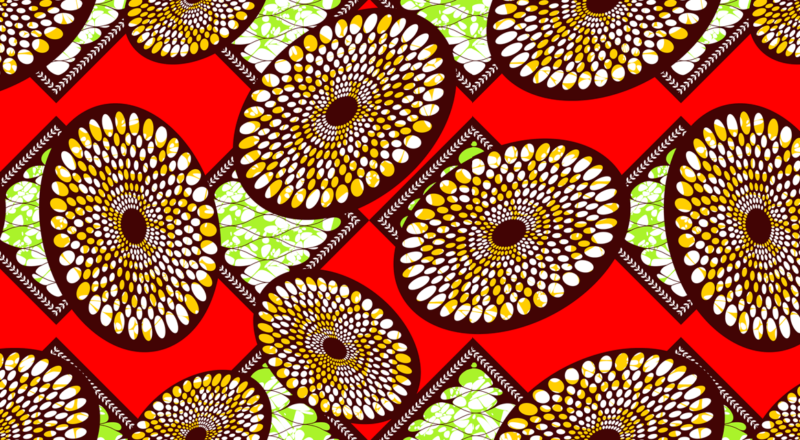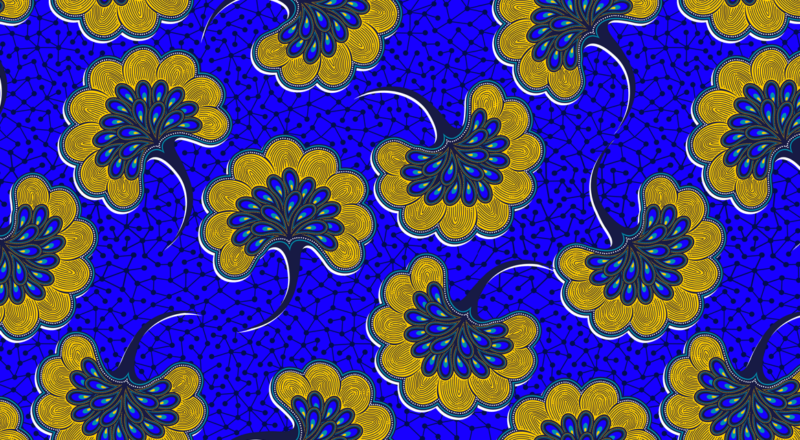A Yorùbá song, partly satirical, partly pragmatic. Sourced from the Black Orpheus magazine that was founded by Ulli Beier in 1957 and co-edited by Wole Soyinka and Es’kia Mphahlele.
My wife told me
I go to the market…
Oral Poetry from Africa

Filed Under: Relationship Poems
A Yorùbá song, partly satirical, partly pragmatic. Sourced from the Black Orpheus magazine that was founded by Ulli Beier in 1957 and co-edited by Wole Soyinka and Es’kia Mphahlele.
My wife told me
I go to the market…

Filed Under: Protest & Satirical Poems
Three Yorùbá songs, sung by women supporters of the two parties in the Federal elections of 1959 in western Nigeria.
The palm tree grows in the far bush:
Nobody allows the leper to build his house in the town:
The palm tree grows in the far bush…

Filed Under: Protest & Satirical Poems
A Yorùbá Iwi, or masqueradors’, chant from Nigeria. It is a sharp criticism of modern Ibadan as a town of thieves, violence and disease. See also Oriki Ibadan.
The spirit of the rock protects the town.
Ibadan, don’t fight!..

Filed Under: Praise-Poems

Filed Under: Poems of Gods & Ancestors
The Yorùbá believe in Atunwa, reincarnation within the family. Yorùbá funeral songs such as Slowly the Muddy Pool Becomes a River and Where are You Now? incorporate the symbolism of loved ones returning in other forms. This poem is a grief-stricken Yorùbá prayer, inviting a dead child to be born again.
Death catches the hunter with pain.
Eshu catches the herbalist in a sack…

Filed Under: Relationship Poems
A thrift-club, known in Yorùbá as Esusu, is a voluntary society which helps its members to raise money. Every member pays a fixed sum of money regularly at a fixed time (say every fifth or ninth day).
All you persons of prestige here gathered together,
I greet the woodcock with its characteristic ‘mese’ cry…

This site opens a window on something that will be new to most people, namely, the vast amount of superb poetry hidden away in the 3000 different languages spoken in Africa … More